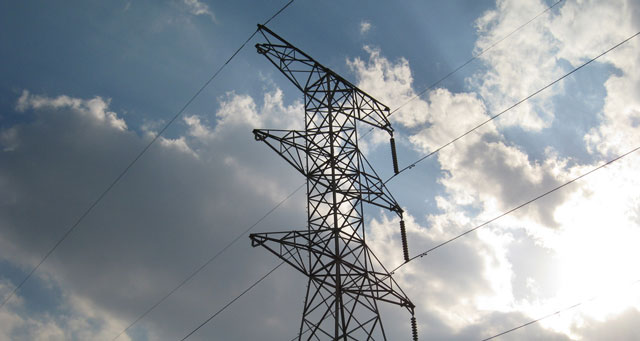
The shock of Eskom’s load shedding has finally hit home, even as the China and terms-of-trade shocks are only starting to build, said Nomura analyst and emerging markets economist Peter Attard Montalto.
While Eskom has not enforced load shedding for the past 17 days, the 99 days of load shedding it had implemented in 2015 has caused manufacturing and mining output to decrease, Statistics South Africa figures show.
Montalto said Africa’s most industrialised country, whose GDP contracted by 1,3% in the second quarter of 2015, was behaving economically “like it had lost a major industry”.
“This is the impact of Eskom load shedding,” he said.
Eskom’s expenditure breakdown, which will be published in September, will show the impact it had on the domestic private sector investment, real rates and inventories and if it was felt through the whole economy, said Montalto.
Turning to agriculture, Montalto said the shock to the sector was particularly large because the drought in some areas of the country had spilt over from the first quarter, with the intensifying impact of a second quarter of poor harvests.
The mining industry reflected severe stress, which will eventually “filter through to conflict with the government and eventual substantial job losses from some mineral industries”, said Montalto.
The fact that finance — and business services — remained the strongest sector was a key signal “that the low-job multiplier, highly-skilled jobs sectors do fine in South Africa with an almost separate ‘doing business’ bubble in that area vs manual and unskilled industries not able to perform”.
This, Montalto pointed out, is fundamentally the wrong way round for solving the country’s jobs crisis.
He believes the weaker rand, currency volatility and in turn food prices will keep the Reserve Bank ready to hike in September, although the probability has fallen slightly from 65% to 60%.
Montalto downgraded his growth forecast for the year to 1,6% from 1,9%, for 2016 to 2,1% from 2,3% and 2017 to 2,6% from 2,8%. Although he expects a recovery in the Eurozone and the US to affect the domestic economy, he believes South Africa will not take proper advantage of rand weakness to boost net exports.
Montalto believes “wage increases over productivity and the inflating away of any competitiveness that could be gained — and sluggish foreign direct investment in recent years” will all play a part in this.
Risks likely to have a negative effect on growth in 2015 and 2016 include strike action and future global shocks to come, although these are difficult to factor in, said Montalto.
Two factors which could reduce the forecast further are intensified load shedding and a strike in the gold sector towards the end of the year.
“South Africa is having serious growth issues in what was meant to be an ‘OK’ quarter. The National Treasury understands this, even the ANC understands this. However, it and the government are unable or unwilling politically to take difficult measures to correct it,” said Montalto. — Fin24




